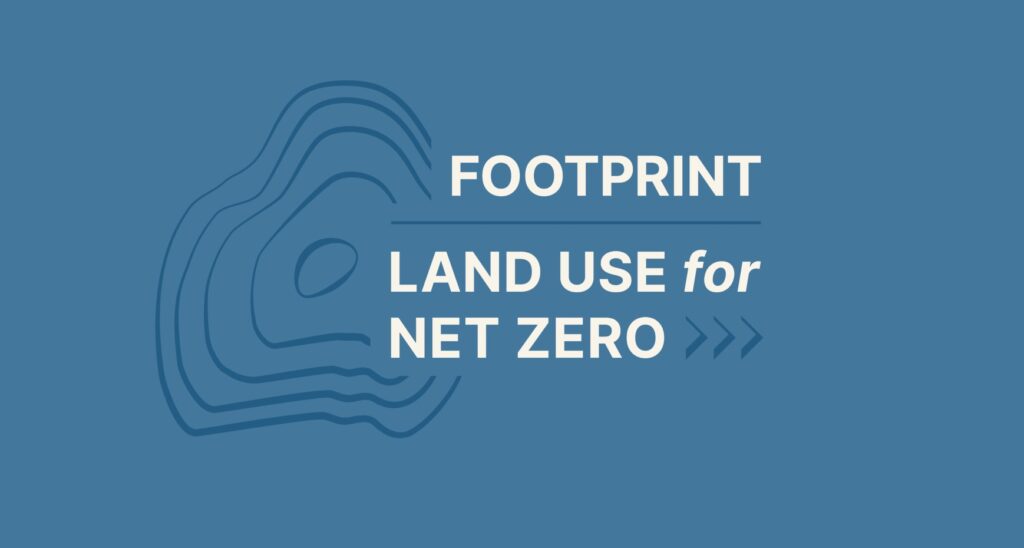Farms in parts of England are looking to boost income by selling more products direct to customers having been the sector in the rural economy hardest hit by rising costs, according to a major survey from the National Innovation Centre for Rural Enterprise (NICRE).
Around a third of farms in the North East, South West and West Midlands are interested in increasing their direct/local sales, currently accounting for 11% of total sales, to improve margins, access new market opportunities and gain greater control over how products are sold. However barriers relating to infrastructure deter farmers and there is a need for advisory support particularly relating to marketing, communications and market research.
This evidence is against a backdrop of 83% of farms reporting that rising costs have significantly impacted cash flow over the last year, a similar level to the hospitality sector (82%), but much higher than for rural businesses overall (66%). Farms were also more likely to have seen no change in income or to have suffered a drop, than an increase, over the same period, as opposed to rural businesses where turnover growth was more common.
NICRE’s State of Rural Enterprise Report Farm business performance, marketing and adaptation strategies calls for greater targeted support for farms to shift towards shorter supply chains to help navigate changes in agriculture.
Damian Maye, Professor of Agri-Food Studies at the Countryside and Community Research Institute (CCRI), said: “At a time of flux in farming, our findings present a picture of a sector in the rural economy which is particularly impacted by current economic conditions, but with farmers generally seeking to be proactive in response.
“Farmers considering selling more produce direct to customers to increase their returns from the market, as income support payments are reduced, is not only a sign of business resilience but continual adaptation. However, they require advisory support to realise these opportunities, alongside the need to target farm business engagement and knowledge exchange to reflect sector, institutional and cultural differences and supply chain dynamics.”
NICRE’s survey also sought to assess farms’ pro-environmental practices, a key principle of the agricultural transition in England. Almost nine out of 10 farms monitor soil quality at various intervals, with adoption varying by size, but take-up of carbon footprint calculation was less widespread, with only a third of farms carrying this out.
The most frequently cited barrier to adopting these measures was cost, with having the required skills, doubting the usefulness of the results and limitations in getting information and advice also highlighted. A personal wish to protect the environment was the most influential driver for adopting these strategies, with a range of business performance factors also featuring highly.
Prof Maye added: “Our results show that farms, to a greater or lesser extent, are taking steps to contribute to net zero in this new era for agriculture and, while a major challenge lies ahead to encourage greater uptake of these practices, our evidence overall is generally encouraging.”
This report follows four to be published from NICRE’s survey of rural businesses covering firms’ response to rising costs, skills and labour availability and the climate emergency, alongside opportunities for growth.
A small farm making cheese, rearing rare breed pigs and growing vegetables near Bishop Auckland, in County Durham, is reaping the rewards of selling its produce directly to customers.
Allison and Jonathan Raper, owners of Teesdale Cheesemakers, switched from spending six hours delivering cheese to 45 restaurants and delis across the North East, to now selling more than 90% of their produce through their on-site shop, café and glamping business. As a result, margins have improved substantially.
Allison said: “The main drive was survival after all our outlets basically closed overnight due to Covid but it was underpinned by a desire to do more for the environment.
“Prior to the pandemic I was making more and more cheese using milk from the nearby family farm to keep up with demand. We realised we could make less cheese and sell it all direct, we would increase our margins, and we’d be off the road, so we’d reduce our carbon footprint. Working smarter instead of harder.
“Although we weren’t selling to wholesalers, this shorter supply chain it still much better for us but it’s not a model all farmers could do.”
Despite the shift in the business to access new customers, the Rapers have still been heavily impacted by rising costs and rural infrastructure is a challenge. They have, however, taken advantage of grants, loans and training to grow and market their business online.
“The biggest barrier is our location because we’re rural,” said Allison. “We had to put in fast broadband because you can’t run a business these days without being able to get online – you can’t even report a pig movement, never mind promote our products on social media which is so essential.
“We must continually work hard to let people know what we’re selling and get them here. We’re fortunate that we’ve had some excellent TV coverage which has brought us a lot of bookings for our glamping business, and the locals keep coming back to our shop and café which is great.”
The Food, Farming and Countryside Commission and Strutt & Parker have welcomed the report.
Sue Pritchard, Chief Executive of the Food, Farming and Countryside Commission, said: “Our own work with farmers shows how game-changing selling directly can be for their businesses, livelihoods and communities. When we’ve toured the country, so many of the farmers we meet who are feeling upbeat and resilient – which is no mean feat in UK agriculture right now – are doing this, and we welcome these findings from NICRE.
“It is also clear that people crave this connection with where their food comes from. As well as a strong concern for government and supermarkets to do right by farmers, this appetite for short supply chains is one of the recurring themes we’re hearing from the citizens taking part in the unprecedented National Food Conversation that’s happening right now. Policymakers and politicians of all parties should take note.”
Jason Beedell, Rural Research Director at Strutt & Parker, NICRE’s business partner, said: “Falling support payments, higher costs, lower commodity prices and extreme weather events have combined to present farmers with a very challenging couple of years. Layer on a growing sense of unfairness about their treatment in the supply chain and, understandably, farmers are looking for new ways to farm profitably and reduce risk. Selling more produce direct is one way for farmers to take more control and there are plenty of examples where farming businesses are really making it work for them, for example by selling niche crops or adding value. But it is not an option that is practical for everyone – some farms do not have the right infrastructure and selling and marketing produce direct to consumers requires a different skill set to growing it. There are also legislative requirements to navigate, such as health and safety or planning.
“The survey results on environmental practices show that the expense of carrying out soil testing has been one of the biggest barriers for small farms. However, funding is now available through the Sustainable Farming Incentive to help offset these costs, so we anticipate the numbers of farmers regularly soil testing will rise. It is one of the most popular options in the Sustainable Farming Incentive scheme and we also expect it be become more required by supply chains.”
The survey was developed by NICRE’s partners: Centre for Rural Economy and Business School at Newcastle University, ERC at Warwick University, and Countryside and Community Research Institute at the University of Gloucestershire and Royal Agricultural University.
- To access the full survey findings, see the report or view the infographic. The survey was conducted between May and August 2023.
- See all NICRE’s State of Rural Enterprise Reports




